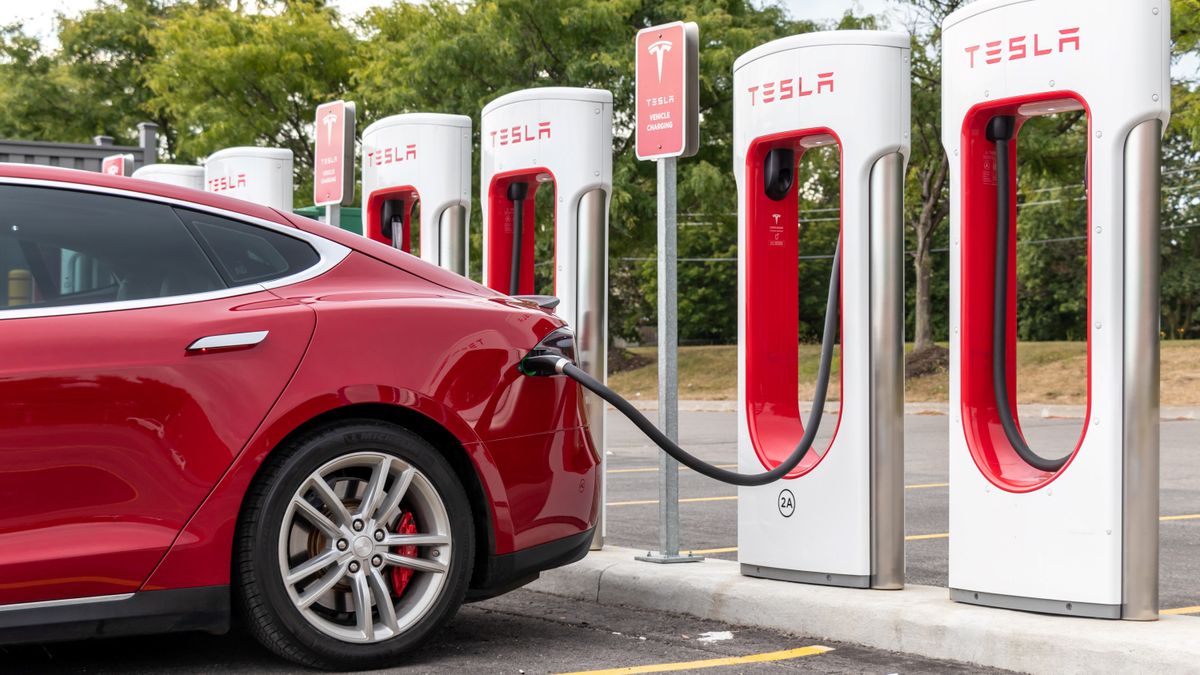The transition to electric vehicles (EVs) is gaining momentum globally, driven by environmental concerns and technological advancements. However, a common question that potential EV buyers grapple with is: “How much does it cost to charge an electric car?” The answer, unfortunately, isn’t a simple number.
The cost varies significantly depending on several factors, making it crucial to understand these variables before making the switch. As toybobcatinfo.com highlights, “Understanding charging costs is key to accurately budgeting for EV ownership.” Let’s delve into the specifics.
Factors Influencing Electric Vehicle Charging Costs

Electricity Price: This is arguably the most significant factor. Electricity rates fluctuate regionally, seasonally, and even daily depending on your energy provider and time-of-use plans. Some areas offer off-peak rates, significantly reducing charging costs during overnight hours. Understanding your local electricity tariffs is paramount.
Vehicle Battery Capacity: EVs have varying battery sizes, measured in kilowatt-hours (kWh). A larger battery capacity translates to a longer driving range but also requires more energy to fully charge, increasing the charging cost proportionally.
Charging Method: There are several ways to charge an EV:
- Level 1 Charging (Standard Outlet): This is the slowest method, using a standard household outlet (120V in North America). It’s convenient but adds up charging time significantly.
- Level 2 Charging (Dedicated Circuit): This utilizes a 240V outlet, similar to a clothes dryer, providing significantly faster charging speeds compared to Level 1. Dedicated Level 2 chargers are often installed at home.
DC Fast Charging (Public Stations): DC fast chargers deliver the highest power output, enabling rapid charging in a short period, but these often come with higher per-kWh rates.
Charging Location: The cost of charging varies depending on location. Home charging, especially using off-peak rates, is generally the cheapest option. Public charging stations, especially DC fast chargers, usually charge higher rates per kWh than home charging.
Vehicle Efficiency: Different EVs have varying energy efficiency levels. Some models convert electricity into motion more efficiently than others. A more efficient vehicle will travel further on the same amount of energy, reducing overall charging costs per mile.
Driving Habits: Aggressive driving styles, frequent acceleration and braking, and driving in heavy traffic can significantly reduce efficiency and increase energy consumption, ultimately increasing charging costs.
Climate: Extreme weather conditions, such as extreme heat or cold, can affect battery performance and reduce its efficiency, potentially resulting in higher energy consumption and charging costs.
Battery Degradation: Over time, EV batteries degrade, meaning they lose their capacity to hold a full charge. This can lead to slight increases in charging costs as the battery requires more energy to reach the same state of charge.
Calculating Your EV Charging Costs
To calculate your approximate charging cost, follow these steps:
Determine your electricity rate: Check your electricity bill for the cost per kilowatt-hour (kWh).
Ascertain your EV’s battery capacity: This is usually specified in the vehicle’s specifications or owner’s manual (in kWh).
Estimate your daily or weekly charging needs: This depends on your daily driving distance and the vehicle’s efficiency (miles per kWh).
Calculate the total energy consumed: Multiply the battery capacity (kWh) by the percentage of charge required. For example, if your battery is 75 kWh and you need to replenish 50% of the charge, the energy consumed is 75 kWh * 0.50 = 37.5 kWh.
Compute the charging cost: Multiply the total energy consumed (kWh) by your electricity rate ($/kWh). For instance, if your rate is $0.15/kWh, the cost to charge would be 37.5 kWh * $0.15/kWh = $5.63.
Remember, this calculation provides a rough estimate. Factors like charging losses and variations in electricity rates can affect the actual cost.
Cost Comparison: Home Charging vs. Public Charging
Home charging is typically the most economical option, particularly when utilizing off-peak electricity rates. Public charging stations, while convenient, often have higher per-kWh rates. The cost difference can be substantial, especially for frequent charging.
- Home Charging Advantages: Lower cost per kWh, convenience, and ability to charge overnight.
- Public Charging Advantages: Accessibility and speed, particularly with DC fast chargers, but at a higher cost.
The decision of whether to predominantly rely on home or public charging depends on individual circumstances, such as proximity to public chargers, daily driving needs, and the availability of home charging infrastructure.
Long-Term Cost Savings with Electric Vehicles
While the initial cost of purchasing an EV might be higher than a comparable gasoline-powered vehicle, long-term savings can be significant due to lower fuel costs. Electricity is typically cheaper than gasoline, and EVs require less maintenance, further reducing overall operating expenses. Moreover, government incentives, such as tax credits and rebates, can make the upfront cost more manageable.
Factors to Consider Before Transitioning to an EV
Upfront cost: EVs generally have a higher purchase price than comparable gasoline-powered vehicles.
Home charging infrastructure: Installing a home Level 2 charger might require professional installation and additional expenses.
Range anxiety: Concerns about running out of battery charge before reaching a charging station might be a factor for some drivers.
Charging time: Compared to refueling a gasoline vehicle, charging an EV takes longer, even with fast chargers.
Battery lifespan: EV batteries degrade over time, eventually requiring replacement, which is a significant cost.
Thoroughly researching and considering these factors is crucial before making the decision to purchase an electric vehicle. Careful planning and understanding charging costs will contribute significantly to a smoother and more cost-effective transition to electric mobility.





